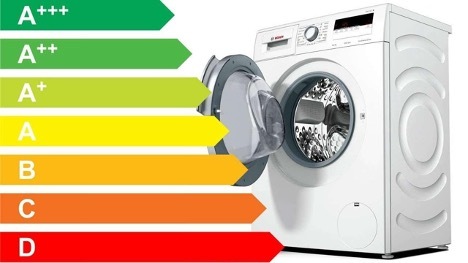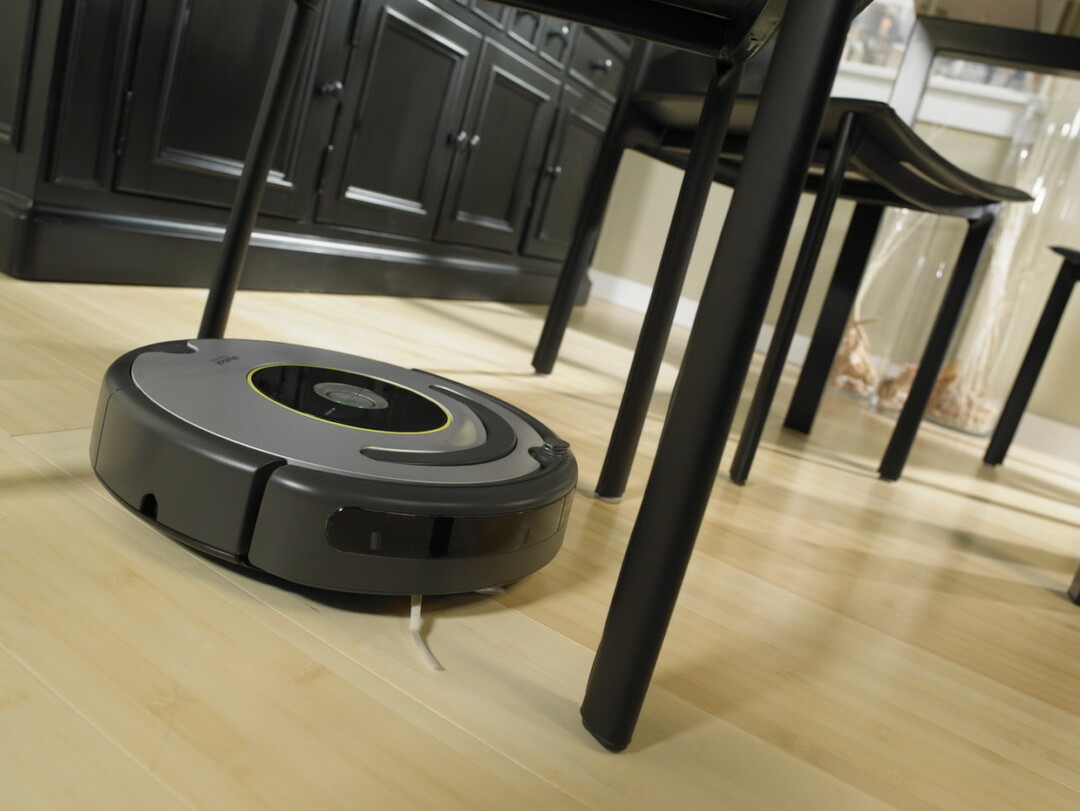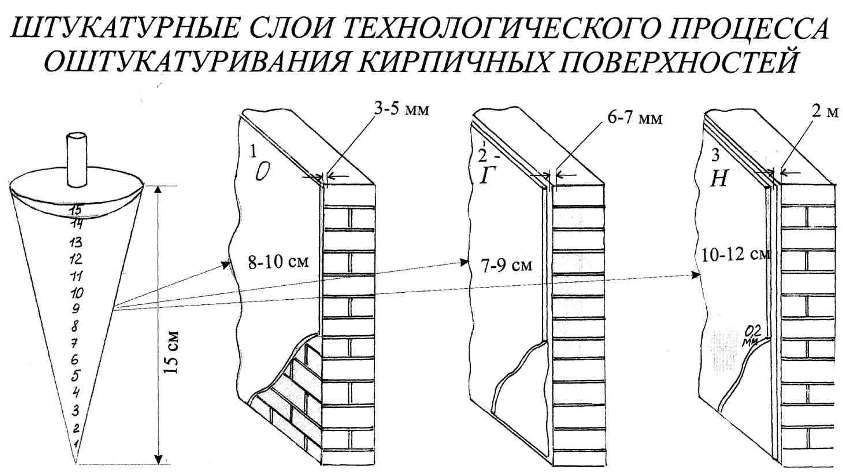When buying a new model, among other things, the question arises of which energy class is best for a washing machine. This indicator means how much electricity the unit will spend within an hour to process 1 kg of clothing. About what classes there are, and what affects the expense, is described in detail in the article.
The content of the article
- What does energy class mean
- What are the energy classes
- Spin class
- Factors affecting electricity consumption
What does energy class mean
This is a very important technical indicator by which you can understand how much electrical energy the machine will consume within 1 hour, subject to a load of 1 kg. Every modern device has a similar criterion, for example, a refrigerator or a dishwasher.
The energy expended is measured in watts, converted to 1 hour. Moreover, it is customary to designate it in kilowatts. For example, if the consumption is specified as 0.19 kWh, then the unit will consume 0.19 kW for 1 hour. If the washing machine processes 6 kg (maximum load for many models), the consumption is multiplied by 6, that is, it will be 1.14 kW.
But to make it easier for consumers to navigate this indicator, manufacturers have introduced special letter designations. With their help, the energy efficiency class of washing machines is determined.
What are the energy classes
The designation of classes is the same for all devices. It is associated with letters, the number of pluses "+" and color:
- green - the most economical consumption;
- yellow - average efficiency;
- orange is one of the costly options;
- red is the most disadvantageous class.

We can say about the energy class of washing machines that this is an important criterion that you should always focus on when buying. A detailed description of each letter looks like this:
- A ++: the best option, such devices spend no more than 0.15 kW per 1 hour, subject to a load of 1 kg.
- A+: consumption reaches 0.17 kWh.
- A: costs no more than 0.19 kWh.
- B - electricity is consumed in the amount of 0.19-0.23 kW.
- C - in this case, from 0.23 to 0.27 kW is spent on washing each kg.
- D - consumption increases to 0.27-0.31 kW.
- E - expenses in the range of 0.31-0.35 kW.
- F - consumption from 0.35 to 0.39 kW.
- G - very high consumption (more than 0.39 kW per kg).
If we designate all types of classes on a common scale, we get such a scheme.

Spin class
When choosing a model, it is recommended to take into account such an indicator as the class of spin washing and energy consumption. It refers to the consumption of electrical energy during the spinning process. The principle is exactly the same: the best option is A, the worst option is G.
It is better to choose models with the designation "A". In this case, after intensive rotation of the drum at the end of washing, the mass fraction of moisture in the clothes is not more than 45%, that is, even less than half. Such linen will dry completely in just 3-4 hours, and if it is small, then in 1-2 hours.
Factors affecting electricity consumption
It is important to understand that the theoretical classification of washing machines by class may differ slightly from the actual results. Therefore, in the description or in the passport of the device, you need to find the value according to the test results. If the unit is well-assembled, released by a well-known brand, these discrepancies are minimal.

The main factors that can increase electricity consumption include:
- Features of the mode - for example, when choosing a delicate wash, the process takes longer, which means that consumption increases.
- Overloading - it is better to put a little less laundry, for example, not 6 kg, but 5.5. This is useful not only in terms of electricity costs, but also in terms of even distribution of the load, wear of the drum and other parts.
- The period of operation - the longer it is, the greater the consumption, since different elements wear out, scale forms on the heating element.
Thus, it is best to purchase washing machines with energy class A. The better the model, the lower the electricity consumption to achieve the desired effect. To save the device, it is recommended to take good care of it, periodically carry out diagnostics, clean the heater from scale, and if an error occurs, immediately eliminate it with your own hands or contact master.


